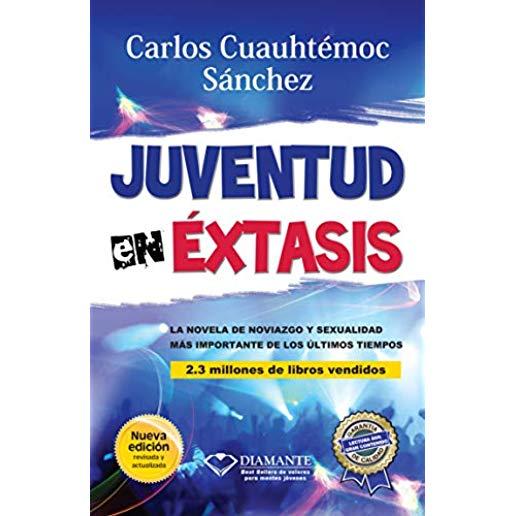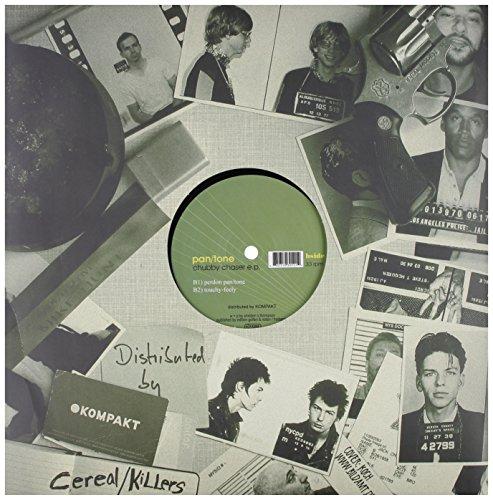
This collection highlights the work of the Royal Anthropological Institute's Urgent Anthropology Fellowships fund, which supports research into communities whose culture and social life are under immediate threat. Created by George Appell in response to the distress he experienced working with a traumatized community of swidden cultivators in Borneo, who were struggling to survive after relocation in what Appell describes as a 'cultural concentration camp', the fund was established to identify ways of supporting and strengthening such communities through ethnographic work.
Since 1995, Urgent Anthropology Fellows have worked with many displaced communities, whether found in refugee camps, resettled in kindred communities across national borders or in environments hostile to their traditional way of life; or whether suffering from the aftermath of civil war or the intrusion of foreigners in search of minerals. Despite the diversity of circumstances in these case studies, this book shows some of the common strategies that emerge in helping displaced communities regain some control over their own destinies. These include membership of social networks, access to natural resources, land ownership and self sufficiency, autonomy in local judicial procedures and economic activities as well as the celebration of traditional rituals, all of which lessen the potential powerlessness of displaced communities.
Any anthropologist or NGO worker, and indeed anyone who works with, or cares about, vulnerable communities and the rights of indigenous peoples, will gain much from the accumulation of experience and insights offered herein.
This book is a testimony to George Appell's vision, generosity and legacy. A forceful representative of a tradition that cherishes ethnographic description as a potent stimulus for the appreciation of diversity and the best corrective to biased speculation. The Urgent Anthropology Fellowship Programme has created a wealth of work that illuminates the contemporary contexts of indigenous struggles worldwide, while encouraging the mutuality of thinking, a most precious gift.
Laura Rival, Associate Professor of Anthropology, University of Oxford
This rich collection explores what happens when people from small-scale societies are displaced from their home communities and asks how, and under what conditions, they can create or recreate their lives. Going well beyond 'survival anthropology', the authors reveal the complexities of such situations and their effects on the well-being (or otherwise) of those obliged to uproot themselves and move elsewhere.
Pat Caplan, Emeritus Professor of Anthropology, Goldsmiths, University of London







